Water quality at 70% of Britain's beaches 'excellent'
- Published
- comments
Tim Muffett speaks to Richard Harrington from the Marine Conservation Society at Stokes Bay in Hampshire
A record 73% of beaches in the UK have "excellent" water quality because of last summer's dry weather, according to the Marine Conservation Society.
Researchers said the lack of rain caused less pollution to filter down from towns and cities to the coasts.
In its annual Good Beach Guide, external, published on Tuesday, MCS says 538 of 734 UK beaches tested between May and September 2013 reached the top standard for water quality.
It is 135 more than the previous year, external.
The MCS labels beaches against four standards of water quality - recommended, guideline, mandatory and fail.
There were also fewer failures in 2013, with 14 beaches tested last summer failing to reach minimum water quality standards compared with 42 the year before.
In the North East and South East of England, Scotland and Northern Ireland all monitored beaches reached the minimum bathing water requirements, the latest information shows.
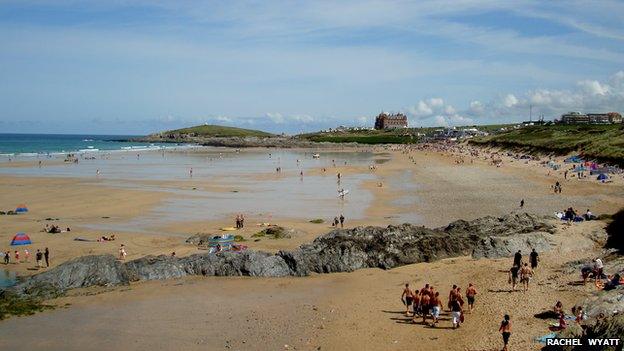
Water samples from beaches, including Fistral beach in Cornwall, were taken between May and September last year
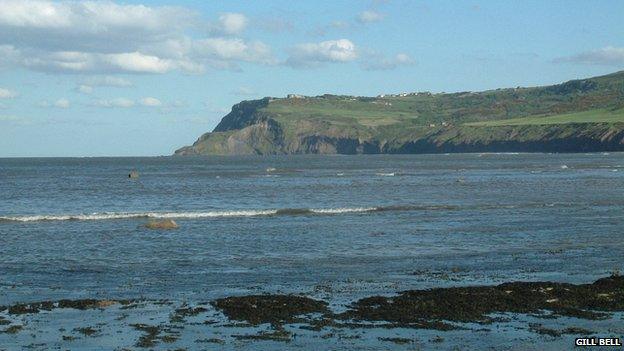
Robin Hood's Bay in North Yorkshire was among 538 beaches recommended for its water quality
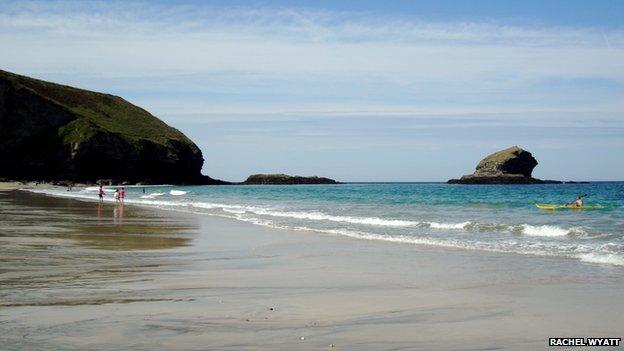
Portreath beach is one of more than 70 beaches in Cornwall that have been judged as excellent
Scientists took samples of bathing water from Britain's beaches every week last summer - checking for bacteria such as e-coli.
MCS coastal pollution officer Rachel Wyatt said she hoped the latest figures would be a boost to UK tourism, after several wet summers led to a recent drop in bathing water quality.
"It's great news that we are able to recommend more beaches than ever for excellent water quality and it shows just how good British beaches can be," she said.
"The main challenge now is maintaining these standards, whatever the weather.
"Most people don't realise what a big impact the weather can have on bathing water quality, but this has really been highlighted in the last few years.
"2008, 2009 and 2012 were, according to the Met Office, amongst the wettest summers on record since 1910, and fewer UK bathing waters met minimum and higher water quality standards because of increased pollution running off rural and urban areas and overloaded sewers."
South-west England has the highest record of recommended beaches with 88% hitting the top standard, while the Isle of Mann had the lowest with 26% - although this was a 16% rise on the previous year.
The Channel Islands was the only area to see a drop in the number of beaches considered excellent for its water quality, from 19 to 18.
Dr Sue Kinsey, pollution policy officer at the MCS, said heavy rainfall over the winter months should not affect beaches this summer, as bacteria will break down within 24 to 48 hours.
Real-time monitoring by the Environment Agency will allow swimmers to check the water quality on a given day, Dr Kinsey told BBC Radio 4's Today programme.
As well as the dry summer, she said "massive investment" by water companies to improve their sewage systems was a factor in the improvement.
In two years' time, beaches which do not meet the "sufficient" standard will have to display signs warning against bathing in the sea under new EU regulation.
This will be around twice as stringent as the current minimum standard and means that some beaches will need to do more to retain their recommendation, the MCS says.
It says it will continue to put pressure on water companies, environmental regulators and local councils to tackle the sources of bathing water pollution.
- Published15 April 2014
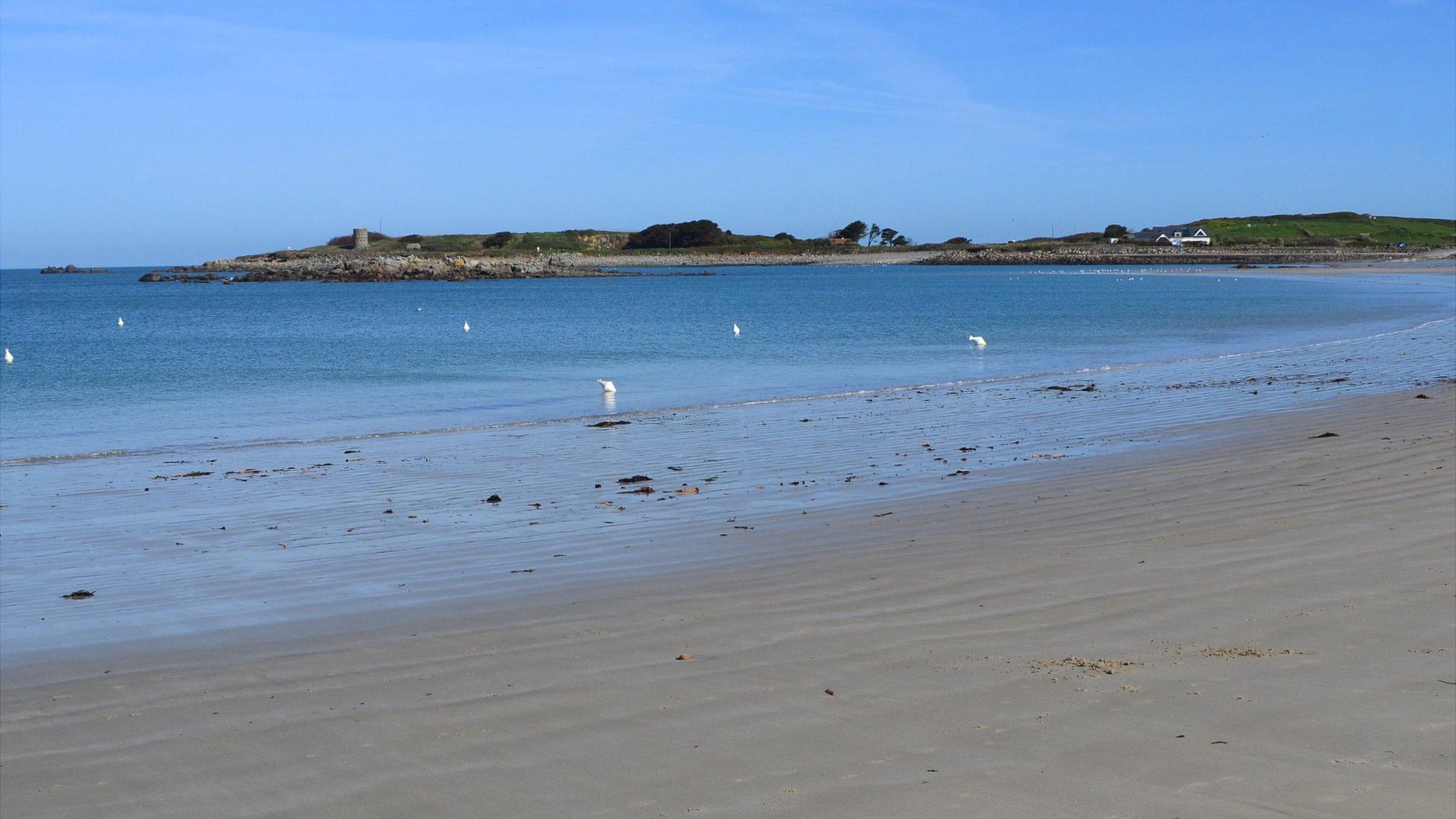
- Published29 March 2014
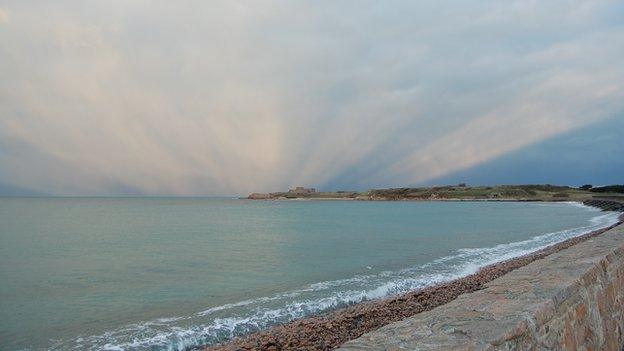
- Published5 April 2014
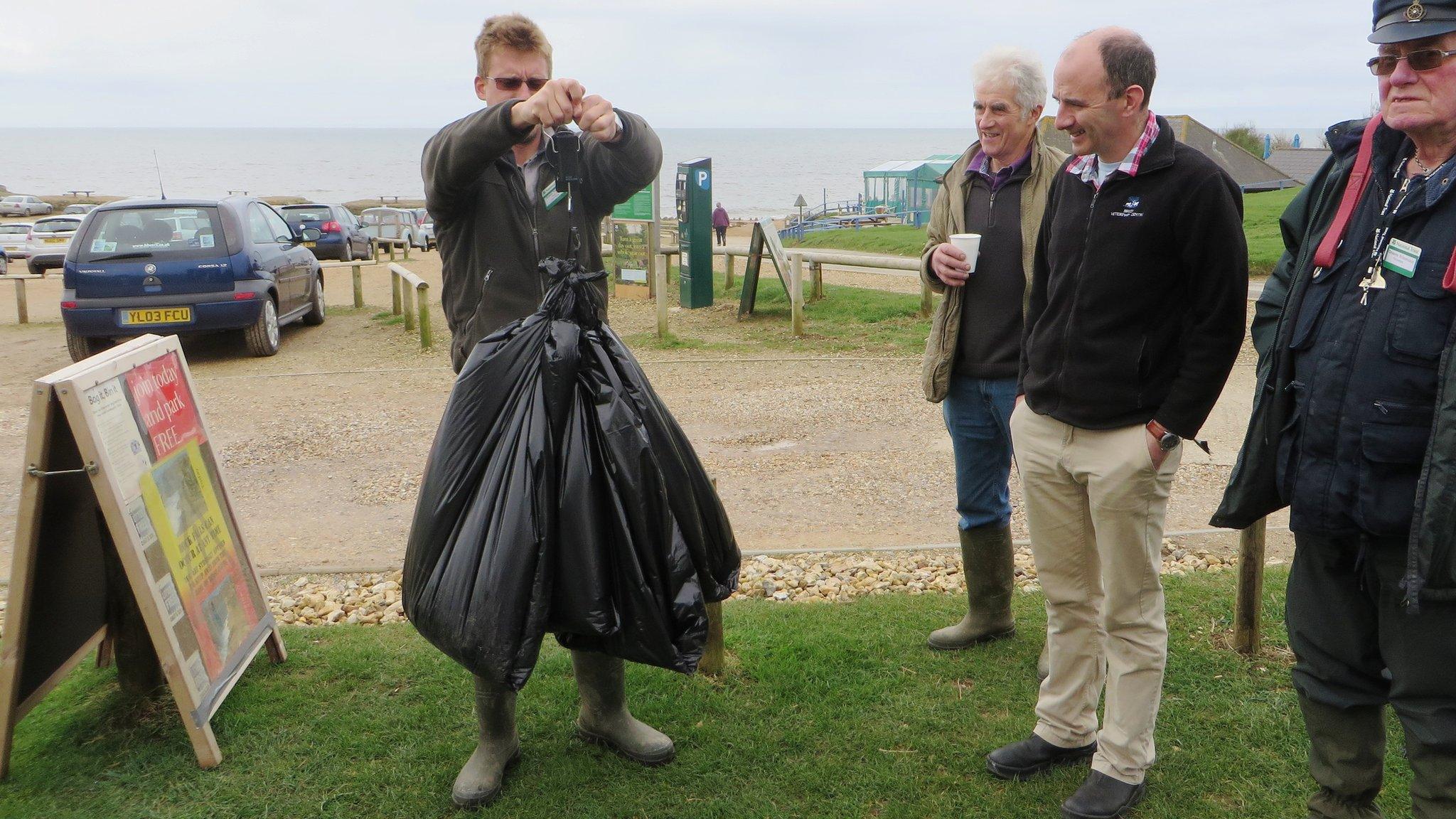
- Published14 April 2014
